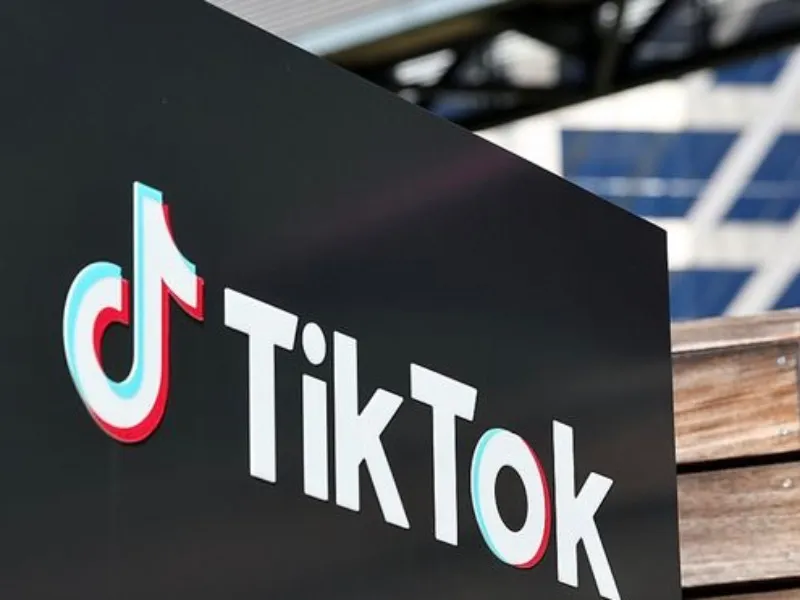- In a recent court filing, the U.S. Justice Department has issued a stark warning regarding the popular social media app TikTok.
- The Justice Department’s assertion raises pivotal questions about the intersection of national security and digital platforms.
OUR TAKE
The US Department of Justice has thrown down the gauntlet, claiming TikTok’s algorithm could be exploited by the Chinese government to sway our elections and political discourse. This isn’t just a whisper campaign; it’s a direct warning that our everyday shares and opinions on TikTok could become political pawns. Remember the Facebook data breach scandal? It was chilling how personal information was misused. Now, TikTok finds itself in the same spotlight, especially with its over 170 million American users. Where do we draw the line between data security and free speech? The DOJ fears for national security, while TikTok champions free expression. This legal battle is heating up, and we’re all ears to see how the “algorithm war” unfolds.
–Miurio huang, BTW reporter
What happened
In a recent court filing, the U.S. Justice Department has issued a stark warning regarding the popular social media app TikTok. The department contends that TikTok’s algorithm could be exploited by the Chinese government to influence U.S. elections and sway American political discourse. This filing, submitted late Friday to the federal appeals court, underscores the Justice Department’s concerns about the app’s potential to be used for covert manipulation, which could compromise national security.
This warning comes in response to a federal lawsuit TikTok filed against the U.S. government in May. TikTok’s lawsuit challenges a new law, enacted by President Joe Biden in April, which mandates that the app either divest from its Chinese ownership by January 2025 or face a nationwide ban. The legal confrontation at hand is poised to determine if national security concerns regarding TikTok’s association with its Chinese parent company, ByteDance, outweigh the First Amendment rights of its 170 million American users. TikTok asserts that the law infringes on free speech and the global flow of information, while the Justice Department maintains that it addresses significant security threats rather than suppressing protected speech.
In their filing, the Justice Department argues that TikTok’s current ownership by a Chinese entity poses a risk due to China’s national security laws, which could compel ByteDance to hand over data on U.S. users. The department further asserts that TikTok collects extensive data on users, including precise location information, viewing habits, and private messages. They emphasise concerns that the app’s algorithm might be used to manipulate content, potentially influencing American public opinion on sensitive topics such as gun control, abortion, and religion.
Also read: Kamala Harris launches TikTok accounts to boost 2024 campaign
Also read: TikTok targets Spain, Ireland to revive European e-commerce push
Why it’s important
The Justice Department’s assertion raises pivotal questions about the intersection of national security and digital platforms. If TikTok’s algorithm were to be exploited by the Chinese government, it could have far-reaching implications for U.S. elections and public discourse. The concern is not merely theoretical; it taps into a broader anxiety about foreign interference and the power of technology to shape political narratives.
The ongoing legal battle is also significant for its implications on the First Amendment and free speech. TikTok’s argument centres on the idea that the new law, by mandating a sale or ban, unjustly restricts access to global information and infringes on free expression. Conversely, the Justice Department’s stance highlights the complex reality of balancing national security with individual freedoms in an increasingly digital world.
The potential for TikTok’s algorithm to be manipulated for covert influence underscores the urgent need for robust cybersecurity measures and transparency in how algorithms are managed and deployed. As the case progresses, it will likely set important precedents for how countries address the security challenges posed by global digital platforms and their impact on domestic affairs.
The outcome of this legal battle could redefine the landscape of digital governance and set critical benchmarks for how national security concerns are addressed in the context of international technology companies. The debate reflects larger issues about the power of technology in modern society and the measures necessary to safeguard democratic processes and individual rights.

